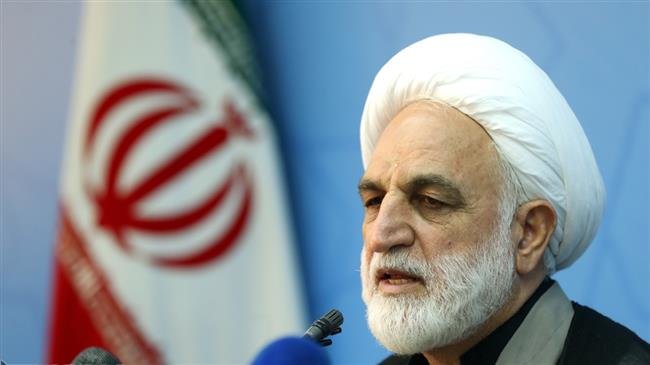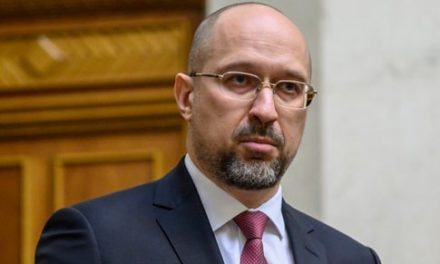1 October 2018
According to state television, Gholamhossein Mohseni Ejehi, a spokesman for the judiciary, on September 30 said that three were sentenced to death after being convicted of “spreading corruption on Earth.” He also said that 32 other defendants brought to trial for alleged economic crimes, were sentenced to jail terms of up to 20 years. The sentences were meted out by a special Islamic revolutionary court which was set up recently to deal with economic crimes. The crimes charged included hoarding of commodities to cause scarcity and profiteering in the foreign exchange market resulting in devaluation of the national currency. Except in the case of death penalty, suspension or mitigation in the sentences is prohibited. In the case of death penalty, a convict could appeal to the Supreme Court within a maximum 10 days.
After U.S. pulled out from the nuclear deal between Tehran and world powers in May and imposed sanctions, Iran’s economy plunged into a downward spiral along with the national currency, the rial.
In recent months, prices of tires tippled in Iran. There are nearly 1 million truck drivers in Iran, working in cargo and passenger transportation. They also have difficulty in getting spare parts. Over the past months, truckers have occasionally stopped working to protest against low wages and searing costs of vehicle parts. Iranian police detained 40 people for disrupting transportation. Authorities have warned against strikes by truck drivers. Haaretz reported.
Iran is not the first country to impose death penalty for corruption. China imposed death penalty, but no one was executed. The death sentence was commuted always to life imprisonment. In the case of Iran, execution is certain. We do not know whether there was a transparent and fair trial. This could be also a means to eliminate and silence the dissidents.
The picture above is that of Judiciary spokesman, Gholam-Hossein Mohseni-Ejei.















